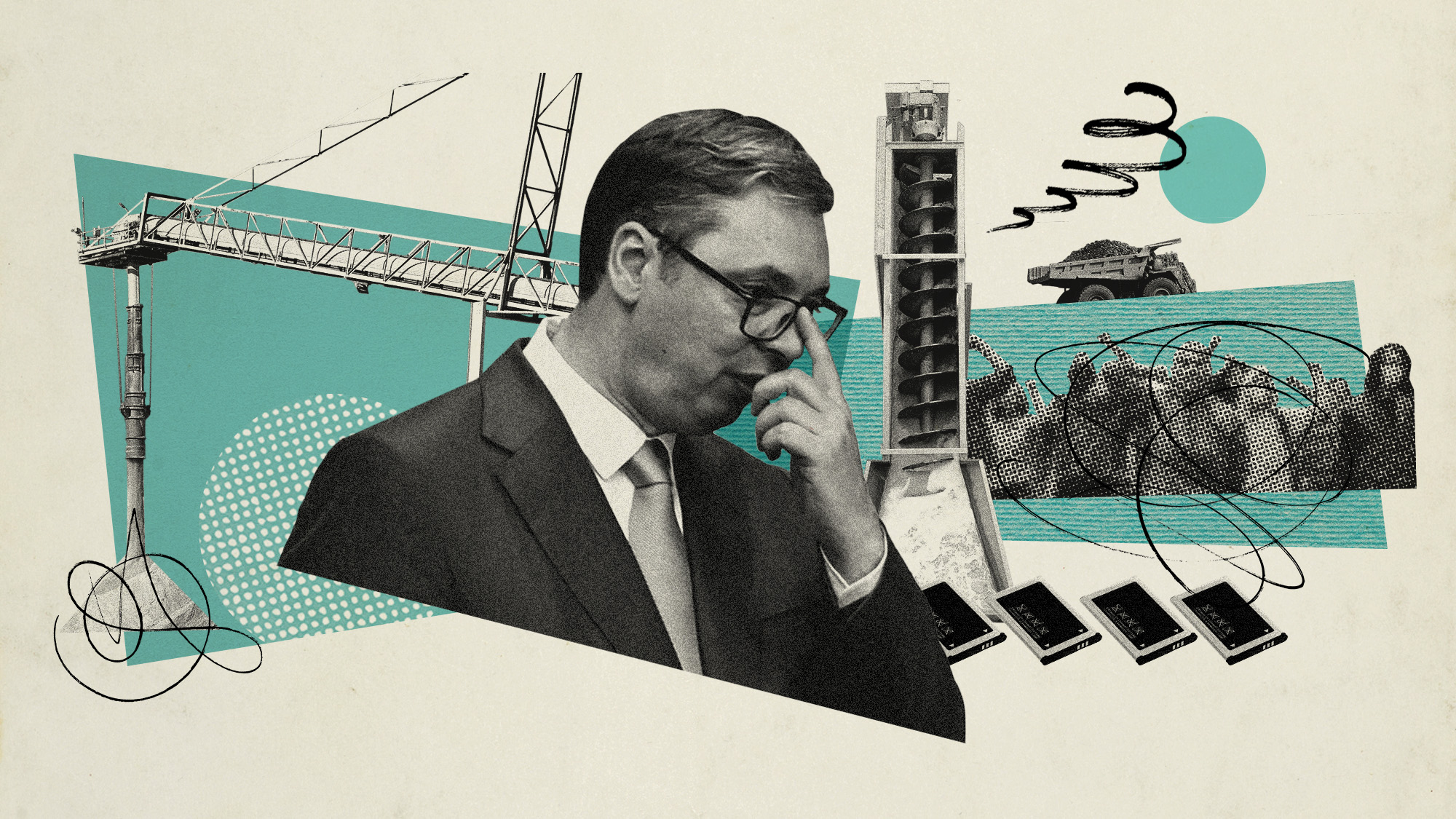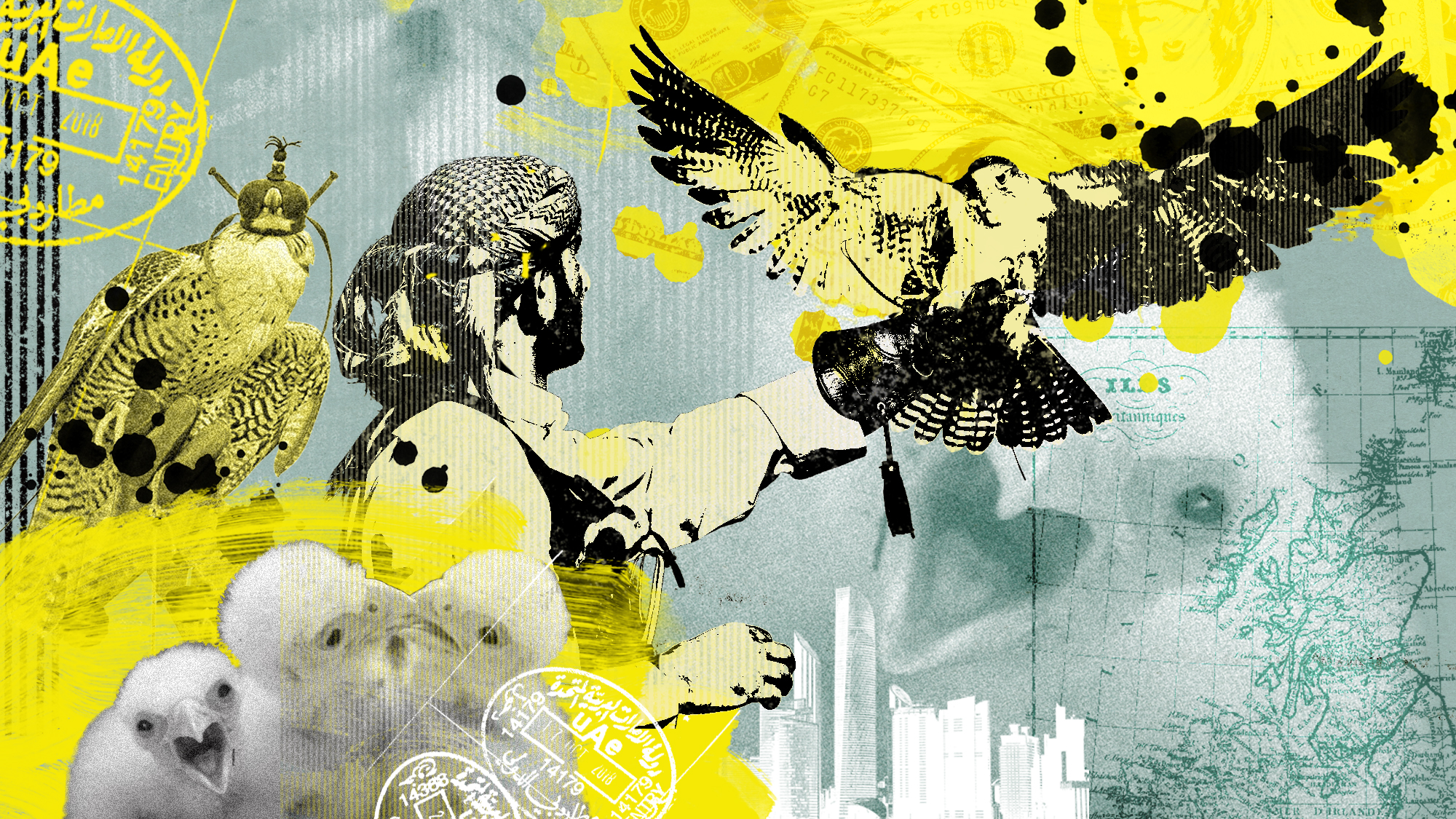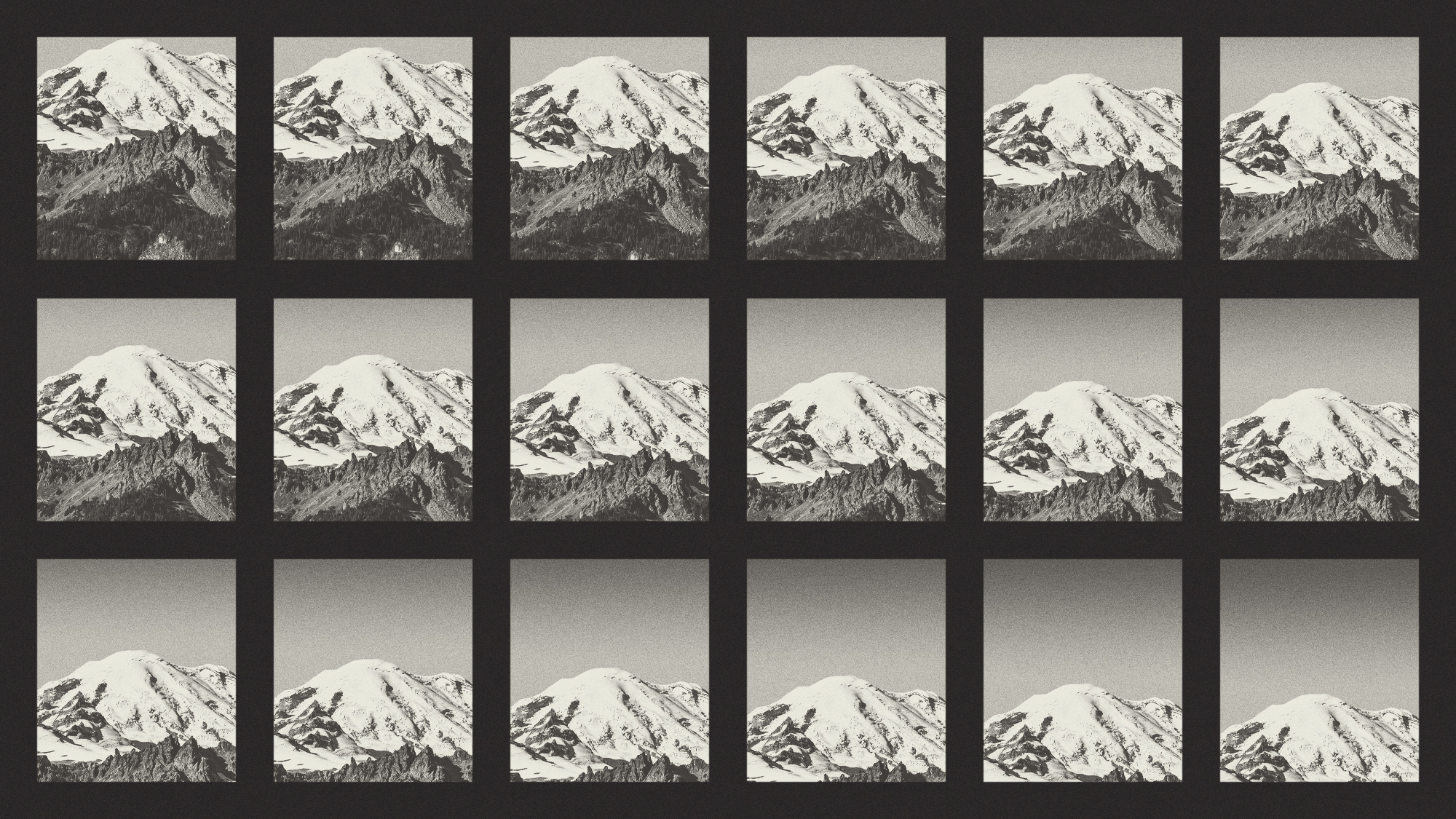Why lithium mining has Serbians up in arms
Balkan nation has reinstated controversial licence to extract 'white gold' as race for crucial EV mineral intensifies

A free daily email with the biggest news stories of the day – and the best features from TheWeek.com
You are now subscribed
Your newsletter sign-up was successful
About 30,000 Serbians marched through Belgrade over the weekend to protest against a massive lithium mining project, in scenes reminiscent of the widespread public fury that stalled the scheme two years ago.
Last month Serbia restored Rio Tinto's licence to extract lithium in the western Jadar Valley, one of Europe's largest reserves of the crucial mineral – and a "perennial political fault line in the Balkan country", said The Guardian. The Anglo-Australian consortium plans to open a massive lithium mine as Europe scrambles to secure access to the "white gold" that powers electric car batteries, and so reduce its reliance on Chinese supplies.
Lithium has become "increasingly coveted" by industry supply chains, said Politico. Last month, the EU signed deals with Serbia that granted European car makers exclusive access to its lithium, hailing the pact as a "historic day for Serbia, as well as for Europe".
The Week
Escape your echo chamber. Get the facts behind the news, plus analysis from multiple perspectives.

Sign up for The Week's Free Newsletters
From our morning news briefing to a weekly Good News Newsletter, get the best of The Week delivered directly to your inbox.
From our morning news briefing to a weekly Good News Newsletter, get the best of The Week delivered directly to your inbox.
The people vs. Rio Tinto
Rio Tinto discovered vast lithium deposits near the Serbian city of Loznica in 2004, but environmentalists argued that a mine would damage the landscape, threaten the food supply and contaminate the water.
In 2020, the deadlock began to shift when the Serbian government approved an environmental impact assessment for a planned lithium mine. Mass protests broke out in 2022 – this time, not just among environmentalists. Many demonstrators were "new to protesting", said the BBC. "All of them were alarmed that a foreign company had gained mining rights through a process they felt had not been transparent."
The government gave in to pressure and withdrew exploration licences. "All permits were annulled," said the then-prime minister Ana Brnabić. "We put an end to Rio Tinto in Serbia."
But last month, a court ruled that revoking the permits was unconstitutional. Serbia's government scrapped the de facto ban and revived the project. Three days later, at a Critical Raw Materials Summit in Belgrade, it signed a memorandum of understanding with the EU to establish a "strategic partnership on sustainable raw materials, battery production chains and electric vehicles".
A free daily email with the biggest news stories of the day – and the best features from TheWeek.com
"As president, I will personally fight for the environment and for the lives of our citizens in Jadar, so that their water and air are clean," said President Aleksandar Vučić.
But despite his "assurances", the concerns of protesters in 2022 "have not gone away", said BBC Balkan correspondent Guy Delauney. Opposition parties also "remain unconvinced" by the president's guarantees. They "never believed the lithium mine had been scrapped for good". Meanwhile, China is also "looking to gain a foothold" in the Jadar region, said Euronews.
"There is a complete lack of trust in the government when they say it will be in the interest of citizens," said Biljana Djordjevic, the co-leader of the Green-Left Front, on the BBC website. "We fear that Serbia will be sacrificed to provide lithium for electric vehicles that pretty much nobody in Serbia can afford."
Not in my backyard
Vučić called a government crisis meeting on Sunday, after claiming on Friday that Russian security services had warned him of a planned "coup d'état" against him. Government officials said the protests were "politically motivated and designed to bring down" the president, said Reuters.
Police used riot shields to disperse protesters from two railway stations in Belgrade, and the Ministry of Internal Affairs warned that criminal charges would be brought against those who disrupted traffic.
Vučić said the protests were a "mockery of democracy". Stopping traffic at railway stations and roads was "the implementation of violence, will, and terror of the minority against the majority", he added.
German Chancellor Olaf Scholz said the Rio Tinto mine would help to defend Europe's economic security, claiming that the Jadar project could provide as much as nine-tenths of the continent's current lithium needs.
"This decision takes courage, but it was made at the right moment," said Scholz. The move was necessary so that Europe remained "sovereign in a changing world" and "not dependent on others".
But according to the US Geological Survey, Germany is sitting on 3.8 million tonnes of lithium – more than three times the known reserves in Serbia. The EU's focus on Serbia raises "interesting questions about assumptions regarding public acceptance of lithium mining too close to home", said Euronews. Public opposition has also "stymied" plans to ramp up lithium production in Portugal, the EU's only other "significant producer" of lithium.
Harriet Marsden is a senior staff writer and podcast panellist for The Week, covering world news and writing the weekly Global Digest newsletter. Before joining the site in 2023, she was a freelance journalist for seven years, working for The Guardian, The Times and The Independent among others, and regularly appearing on radio shows. In 2021, she was awarded the “journalist-at-large” fellowship by the Local Trust charity, and spent a year travelling independently to some of England’s most deprived areas to write about community activism. She has a master’s in international journalism from City University, and has also worked in Bolivia, Colombia and Spain.
-
 Local elections 2026: where are they and who is expected to win?
Local elections 2026: where are they and who is expected to win?The Explainer Labour is braced for heavy losses and U-turn on postponing some council elections hasn’t helped the party’s prospects
-
 6 of the world’s most accessible destinations
6 of the world’s most accessible destinationsThe Week Recommends Experience all of Berlin, Singapore and Sydney
-
 How the FCC’s ‘equal time’ rule works
How the FCC’s ‘equal time’ rule worksIn the Spotlight The law is at the heart of the Colbert-CBS conflict
-
 As temperatures rise, US incomes fall
As temperatures rise, US incomes fallUnder the radar Elevated temperatures are capable of affecting the entire economy
-
 Climate change could lead to a reptile ‘sexpocalypse’
Climate change could lead to a reptile ‘sexpocalypse’Under the radar The gender gap has hit the animal kingdom
-
 Why scientists want to create self-fertilizing crops
Why scientists want to create self-fertilizing cropsUnder the radar Nutrients without the negatives
-
 The former largest iceberg is turning blue. It’s a bad sign.
The former largest iceberg is turning blue. It’s a bad sign.Under the radar It is quickly melting away
-
 Why the Middle East is obsessed with falcons
Why the Middle East is obsessed with falconsUnder the Radar Popularity of the birds of prey has been ‘soaring’ despite doubts over the legality of sourcing and concerns for animal welfare
-
 How drones detected a deadly threat to Arctic whales
How drones detected a deadly threat to Arctic whalesUnder the radar Monitoring the sea in the air
-
 ‘Jumping genes’: how polar bears are rewiring their DNA to survive the warming Arctic
‘Jumping genes’: how polar bears are rewiring their DNA to survive the warming ArcticUnder the radar The species is adapting to warmer temperatures
-
 Crest falling: Mount Rainier and 4 other mountains are losing height
Crest falling: Mount Rainier and 4 other mountains are losing heightUnder the radar Its peak elevation is approximately 20 feet lower than it once was